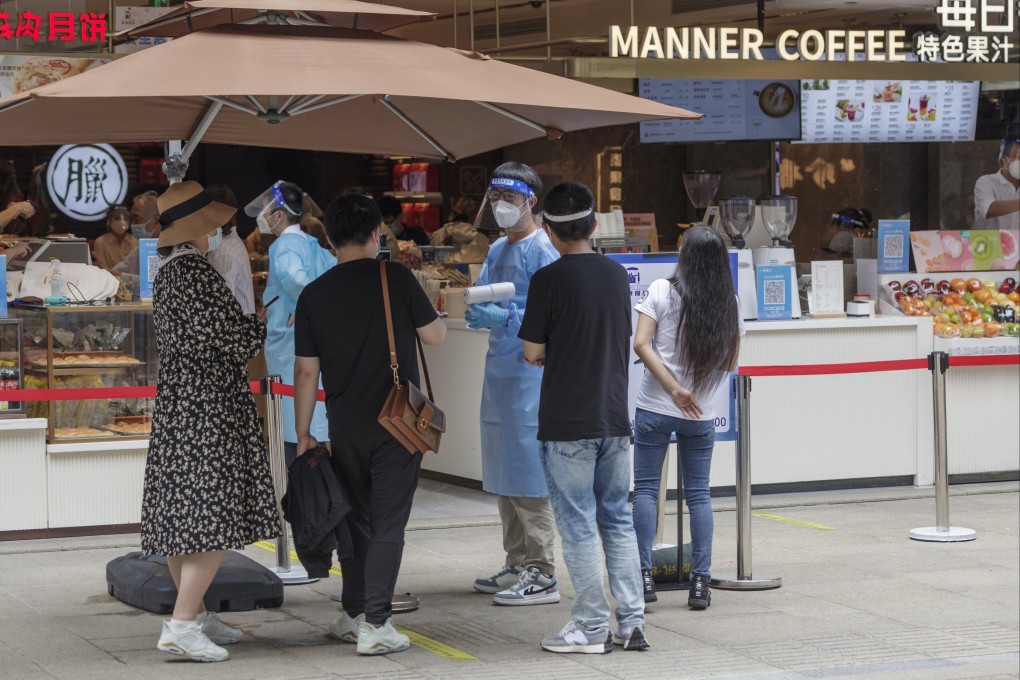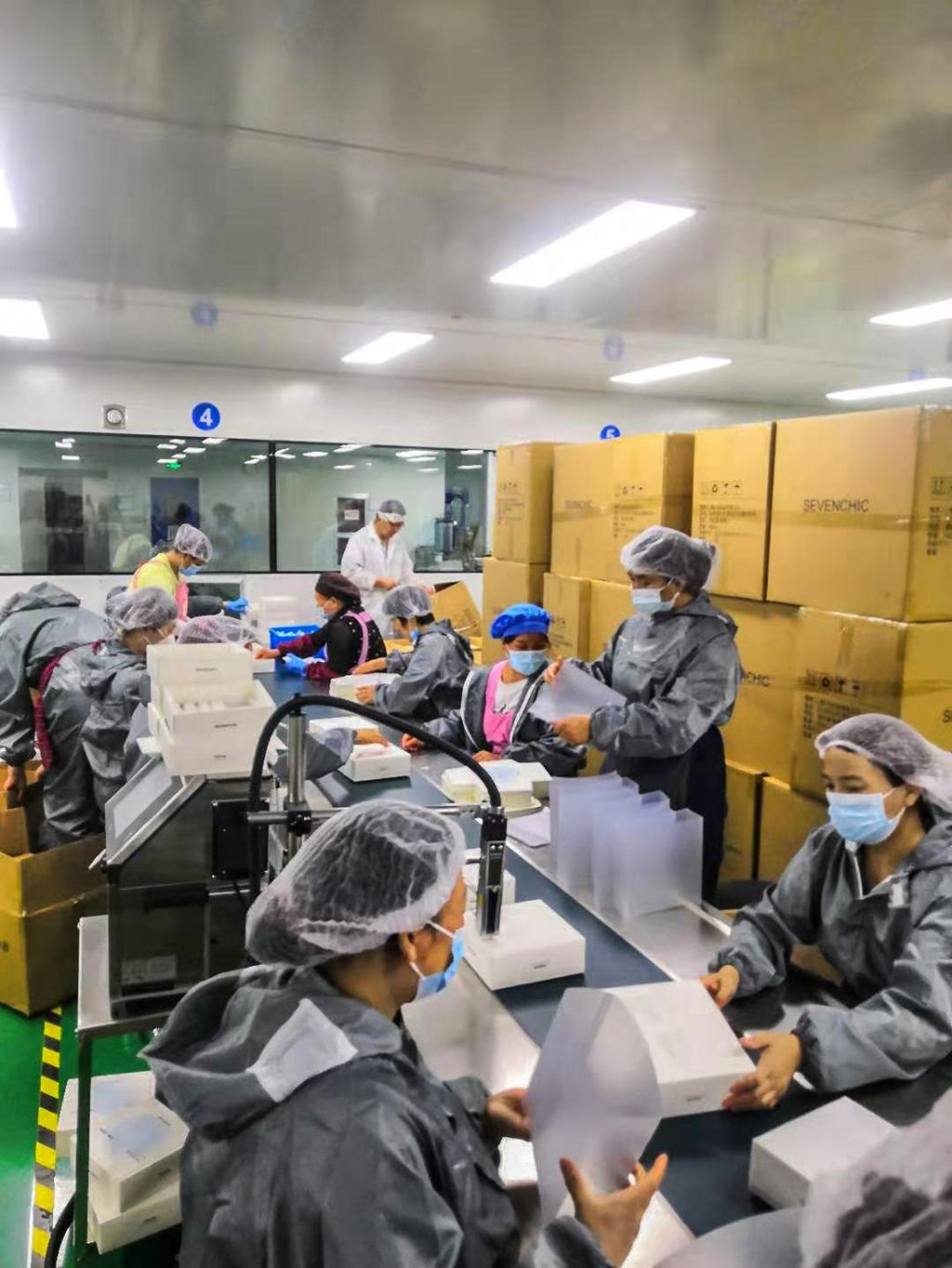Shanghai reopening: small businesses roll up sleeves to rebuild after lockdown, counting losses and working towards new ‘normal’
- Small- and medium-sized businesses in Shanghai resume work after two months of struggle, but Covid-19 fallout will continue to take a toll
- Many smaller businesses see the immediate future as a time to survive and rebuild, instead of branching out

Shanghai’s small and medium-sized businesses are eager to make up for lost time as the city emerges from its two-month lockdown, with manufacturers cranking up production capacity to fill backlogged orders and restaurateurs prepping to feed the newly freed populace. But at the same time, business owners recognise that a return to normalcy will take time.
During the long hiatus, small manufacturers have arguably faced more pressure than larger manufacturing businesses in the automotive, life-sciences, chemical and semiconductor sectors, which were given priority in work resumption. As a result, many have suffered losses from missed deadlines, lost clients, cancelled orders, or an empty order pipeline.
“Our factory applied for work resumption at the end of April and resumed part of our capacity in mid-May,” said Andy Song, account manager at Natural Skin Care Biotechnology, a cosmetics manufacturer based in Zhonggu Town industrial park in the suburban Qingpu district. “Today, we’ve resumed full capacity.”

The factory of around 50 employees was only established last year and has 10 production lines. It researches, develops and manufactures products encompassing skincare, haircare and make-up.